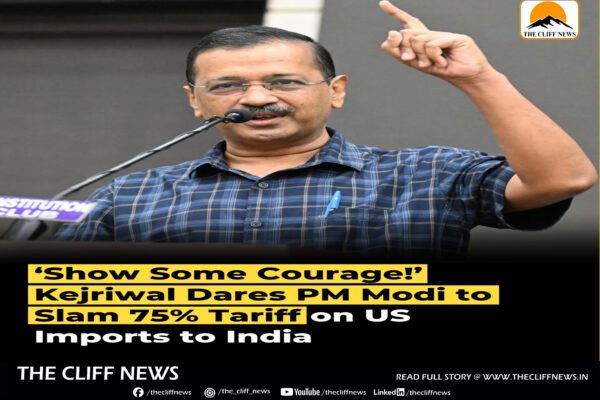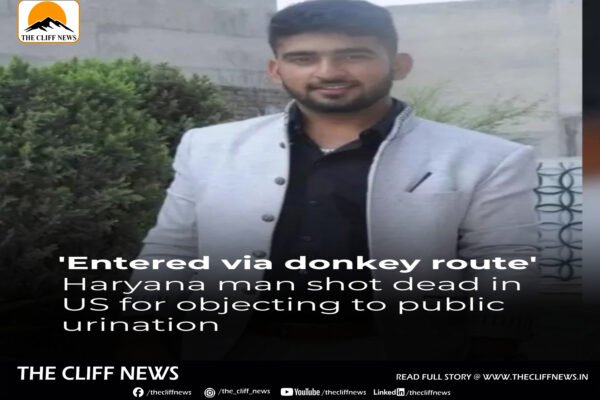Nepal PM Oli Refuses to Resign Amid Widespread Protests and Ministerial Resignations
Kathmandu was rocked by a second consecutive day of massive protests on Tuesday, as demonstrators demanded Prime Minister K P Sharma Oli’s resignation over corruption and a controversial ban on social media apps. Despite growing political pressure and a string of ministerial resignations, Nepal’s Minister Prithvi Subba Gurung asserted that the Prime Minister will not step down. The protests, led largely by youths under the banner of “Gen Z,” defied restrictions on public gatherings and turned violent in parts of the capital. Demonstrators blocked roads in Kalanki with burning tyres and raised slogans such as “KP Chor, Desh Chhod” (K P Sharma Oli is a thief, quit the country) and “Take action against corrupt leaders.” Residences of top leaders, including President Ram Chandra Poudel, ministers, and former prime ministers Pushpa Kamal Dahal ‘Prachanda’ and Sher Bahadur Deuba, were targeted. The protesters even set fire to Mr. Poudel’s residence. Speaking to reporters, Mr. Gurung accused opposition political parties and anarchist elements of hijacking the protests and fueling violence. He said Prime Minister Oli was open to dialogue with both political leaders and protest representatives. The Cabinet has also decided to form a committee to investigate the violence and recent killings. Despite the government’s stance, several ministers quit in protest. Home Minister Ramesh Lekhak of the Nepali Congress resigned on moral grounds following deadly clashes on Monday. Agriculture Minister Ramnath Adhikari and Health Minister Pradeep Paudel also announced their resignations, with Mr. Paudel stating that “it is not possible to remain in the government under such circumstances.” Youth and Sports Minister Teju Lal Chaudhary, Water Minister Pradeep Yadav, and legislator Asim Shah also stepped down. Sources said Congress leader Shekhar Koirala urged his associates to resign from the Cabinet as well. Authorities imposed curfews across Kathmandu, Lalitpur, and Bhaktapur, beginning Tuesday morning. Still, demonstrators marched through the streets, demanding the revocation of the ban on 26 social media sites. The government had restricted access to these platforms on Friday, citing their failure to register with authorities. On Monday, thousands of students and youths rallied in front of the Parliament carrying placards that read, “Shut down corruption and not social media” and “Youths against corruption.” The protests escalated after some demonstrators stormed the Parliament complex, leading security forces to fire tear gas, water cannons, and even live rounds. The unrest has since spread beyond Kathmandu to Pokhara, Butwal, Bhairahawa, Bharatpur, Itahari, and Damak. Prime Minister Oli, in a statement, appealed for calm and emphasized dialogue, but the mounting resignations and intensifying street protests have thrown his government into one of its most serious crises yet.










